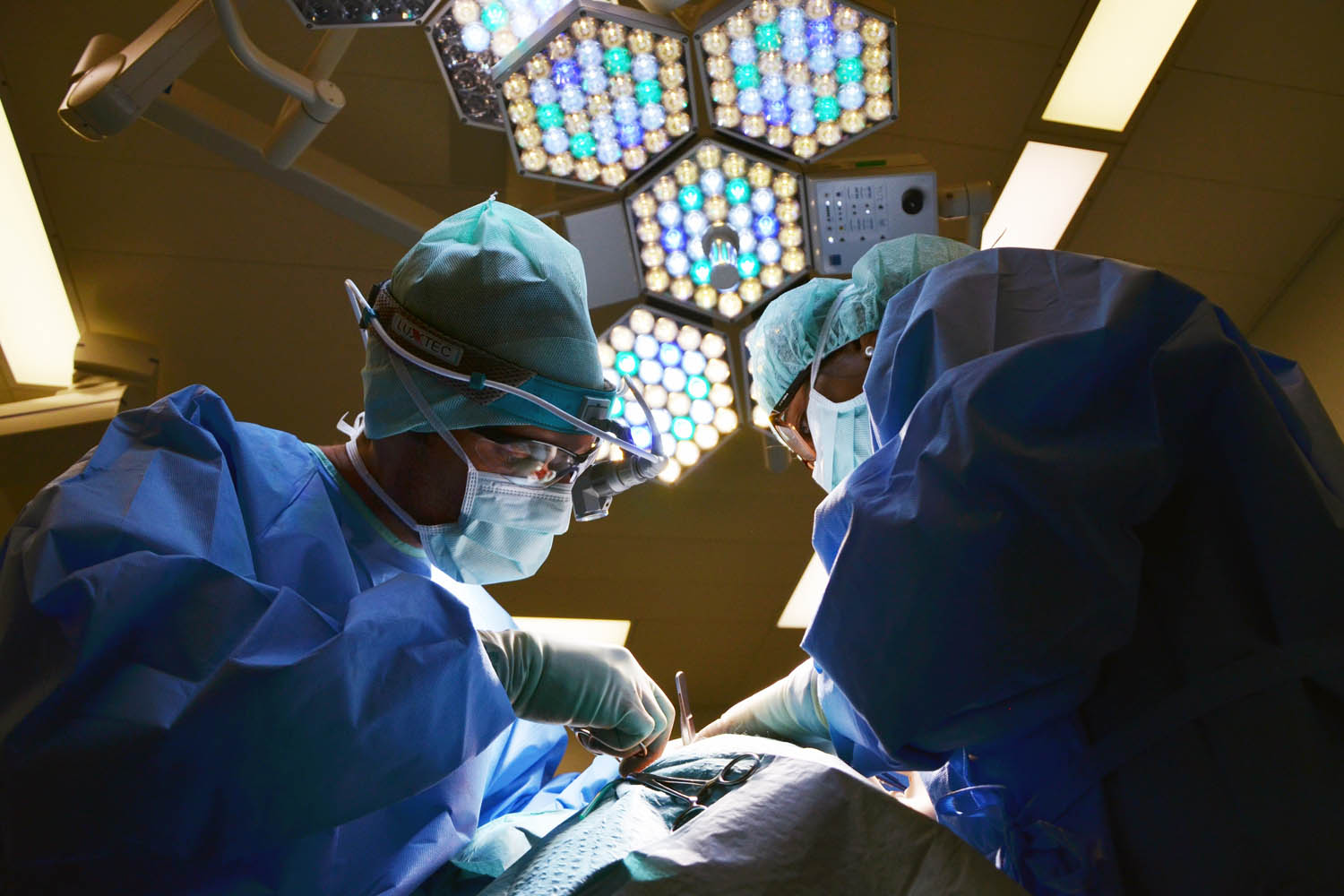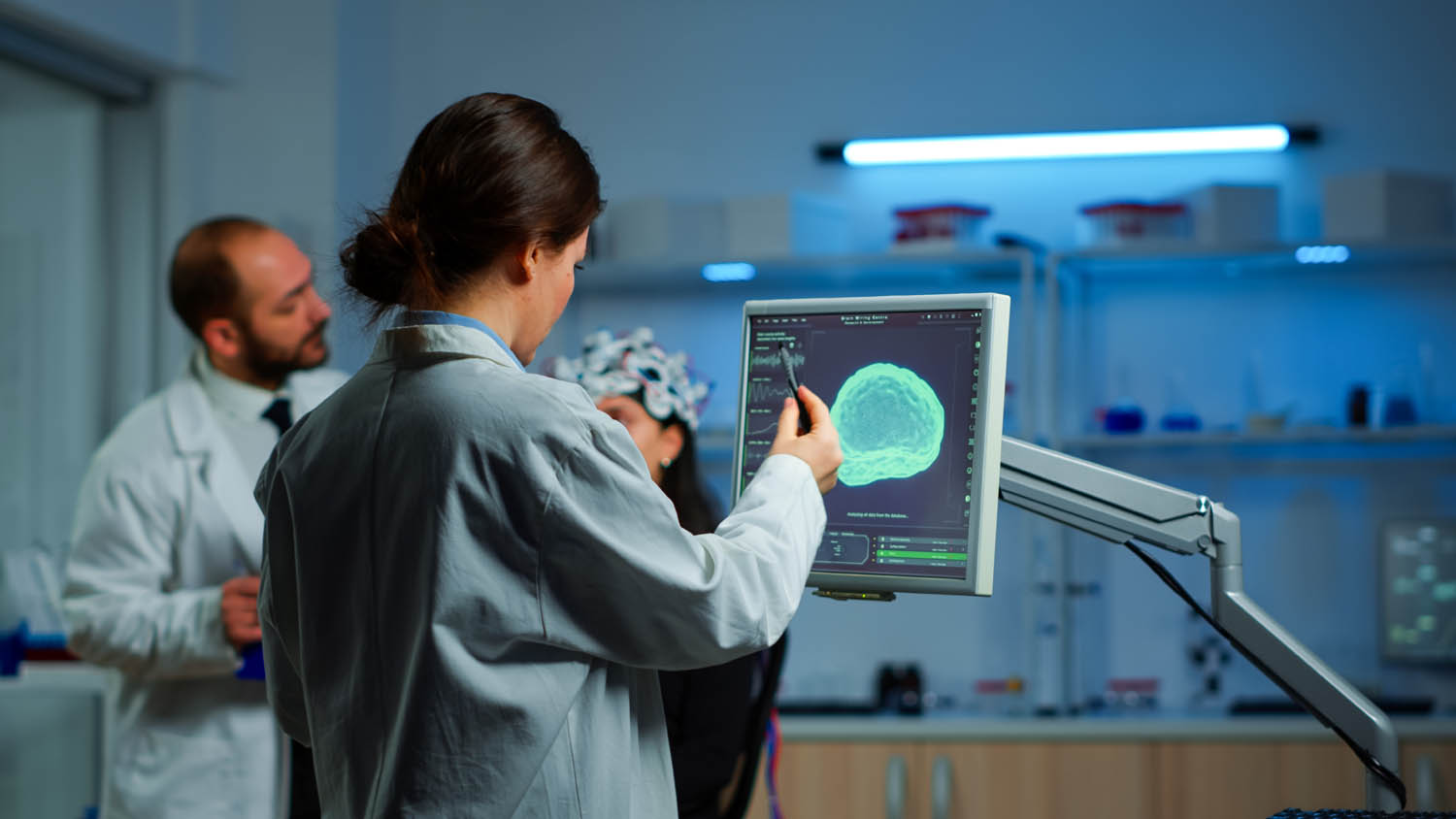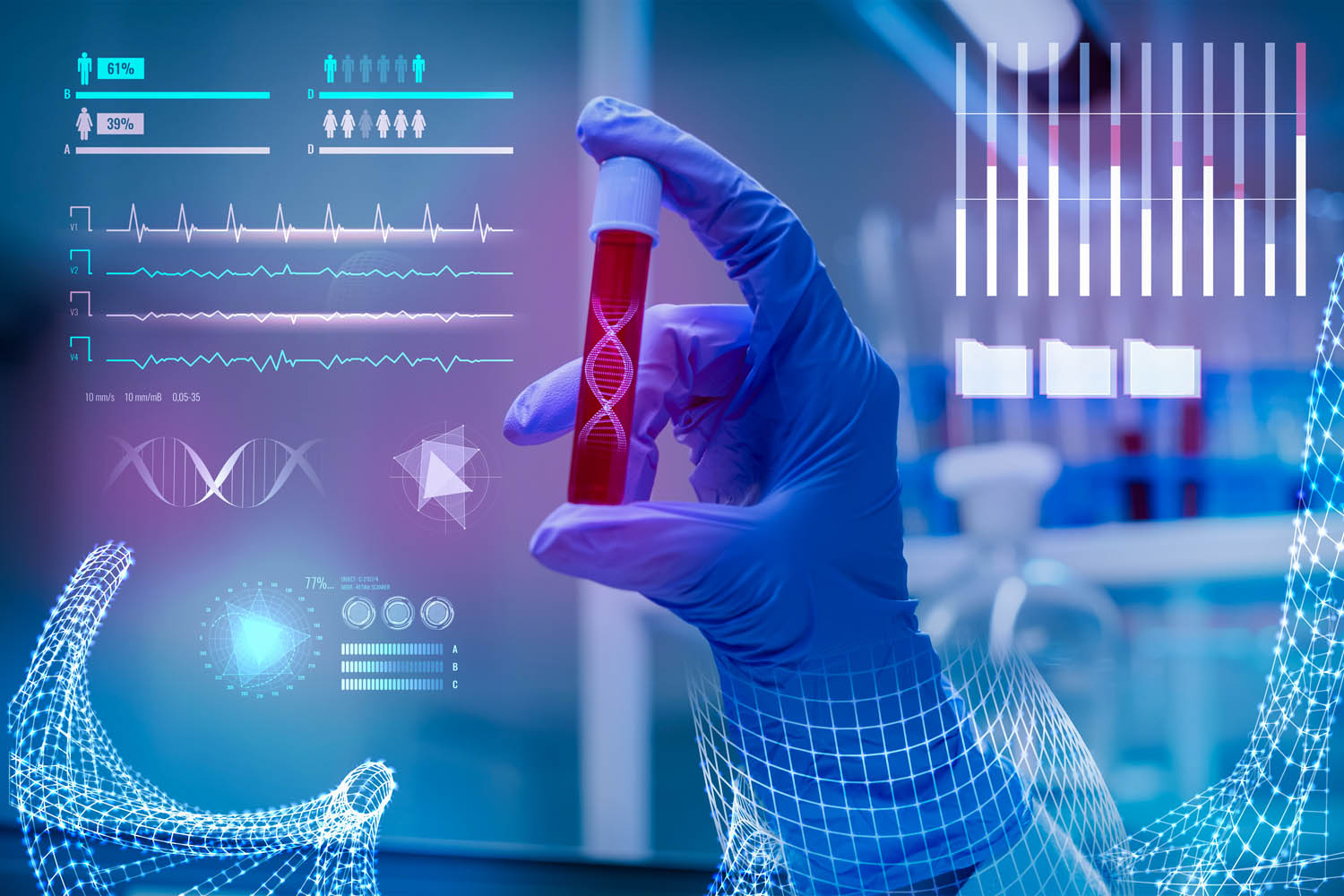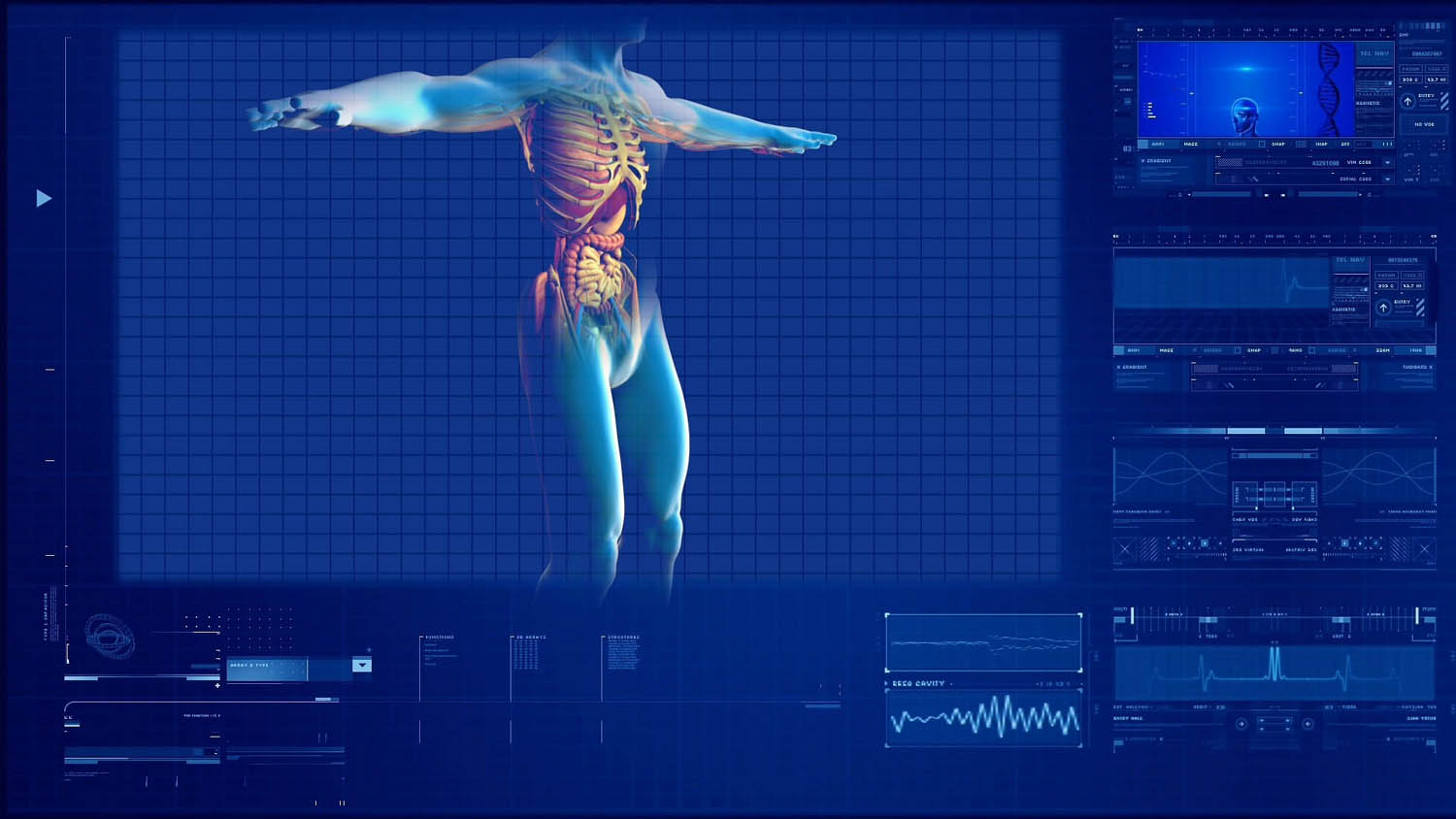This article was written “with four hands” with Artificial Intelligence. Can you understand what the author wrote and what the AI wrote?
Artificial intelligence (AI) has revolutionized a wide range of sectors, including medicine.
ByDr. Attilio Turchetta
Head of Sports Medicine
Bambino Gesu’ Pediatric Hospital
Thanks to its ability to analyze vast amounts of data, learn complex patterns, and assist healthcare professionals in clinical decisions, AI is playing an increasingly crucial role in improving diagnoses, treatments, and disease management.

AI has been successfully employed in the analysis of medical images, such as X-rays, computed tomography scans, and magnetic resonance imaging. Deep learning algorithms can detect anomalies and signs of diseases, helping doctors detect problems more promptly and accurately.
AI plays a key role in precision medicine, customizing treatments based on patients’ genetic and molecular characteristics. This improves treatment effectiveness and reduces unwanted side effects. Healthcare data management has become more efficient with AI. Electronic health record systems, combined with data analysis, allow doctors to make more informed decisions and monitor patients over time.

AI accelerates the discovery of new drugs by simulating complex molecular interactions. This approach can significantly reduce the time and costs associated with developing new treatments. AI-based chatbots and virtual assistants can provide basic medical information, schedule appointments, and answer common questions, offering a readily available source of support.
Certainly, the use of AI in medicine raises ethical and regulatory issues concerning patient data privacy, liability in case of algorithmic errors, and equity in access to new technologies. The use of artificial intelligence in medicine is revolutionizing medical practice deeply. Although there are challenges to overcome, potential benefits include more accurate diagnoses, personalized treatments, and better overall healthcare management.

AI continues to demonstrate its value in improving patients’ quality of life and the work of medical professionals. This, of course, does not diminish the importance of the doctor in the diagnosis and treatment processes. On the contrary, the figure of the doctor is enhanced by the use of AI because they have the fundamental task of coordinating all the results obtained in the diagnostic and therapeutic path, modulating it and making it personalized for each patient.

The doctor has the task, and responsibility, of talking to and visiting the patient, something a machine cannot do, gathering information, the more the healthcare professional’s capacity and experience are high, the more information they can obtain. They can direct the right questions to the computer support, namely AI, selecting and evaluating the responses for the formulation of diagnosis and therapy.
 This article was written “with four hands with AI.” Try to understand what I wrote and what my collaborator wrote.
This article was written “with four hands with AI.” Try to understand what I wrote and what my collaborator wrote.
Credits foto:
DC STUDIO – PublicDomainPictures – Marionbrun – Geralt – Rawpixel – Freepik
Giornalista detentore dal 2015 del Guinness World Records TV e Ambasciatore Borghi più Belli d’Italia.
Leggi in:
![]() Italiano
Italiano









